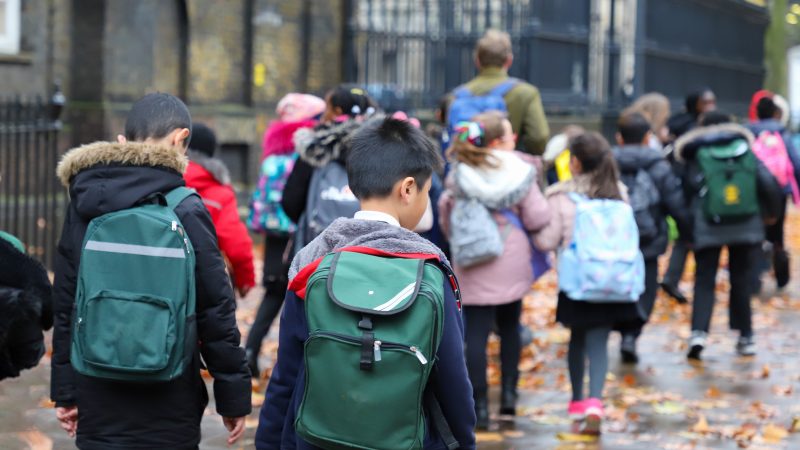
There can be few greater indictments of this government than that delivered by the independent review of children’s social care in their report published last week, which describes a system in crisis. The report has been widely welcomed for providing a framework and a detailed plan for change. Whether this government will commit the necessary resources to achieve the scale of change that is required remains to be seen. However, the change that is required goes well beyond children’s social care. It is system-wide and demands a reckoning with the impact of austerity upon the lives of the most vulnerable in our society.
This latest report follows the publication of the Child of the North report by the Northern Health Science Alliance (NHSA) in March and comes in the context of the ongoing work of the Commission on Young Lives. The NHSA report states: “Despite the best efforts of frontline practitioners and the resilience of carers, the outlook for the North is bleak. Increasing family adversity, pressures on preventative services and the continued remote or hybrid delivery of professional help mean that pressures in social care are not likely to let up. Further stacked challenges arise from the ongoing crisis in the family courts, insufficiency of out-of-home placements and critical shortfalls in mental health provision.”
Following the launch of an earlier report, Out of Harm’s Way: A new care system to protect vulnerable teenagers at risk of exploitation and crime, in December 2021, Anne Longfield, chair of the Commission on Young Lives, wrote: “The current care system is unfit for purpose. Instead of protecting vulnerable teenagers, the system is handing over some children to criminals and abusers by moving them away from their families and communities, moving them too frequently from placement to placement and continuing to place them in accommodation that puts them at risk of harm – sometimes alongside adults and those involved with drugs and crime.
The Commission’s report shows how an over-reliance on a limited number of residential places where demand significantly outstrips supply, inadequate early identification of those children at risk of exploitation, cuts to funding for early intervention programmes, outdated fostering models, a broken children’s home ‘market’ and the frequent criminalisation of children in the care system is allowing too many children in care to fall into danger.”
The Child of the North report outlines the impact of austerity on children and children’s services. The child poverty rate had been falling, but after the introduction of austerity policies, child poverty started to rise, resulting in more than 75% of children growing up in poverty living in households where someone is in paid employment. Cuts to local authority budgets led to substantially reduced public expenditure on services for children – particularly early years – with the deepest cuts seen in the most deprived areas with the greatest need. Between 2010 and 2018, local authority spending on Sure Start children’s centres per eligible child was cut most severely in real terms in the North.
Against the national picture, there is cause for hope. Leeds City Council children’s services, having been judged by Ofsted in 2009-10 as ‘inadequate’, are now judged to be largely ‘outstanding’. Ofsted stated that this success has been achieved as part of a city-wide commitment to placing children at the centre of the work of the local authority. Crucial factors identified have included: a leadership team with a clear and ambitious vision for what it wishes to achieve for the children of Leeds; strong multi-agency partnerships promoting effective practice; a commitment to continuous improvement through feedback and innovation to further enhance services; a plan for self-evaluation and improvement focusing on successes and also on areas where further work is required; and investment in the effective recruitment and development of staff to achieve a more experienced and stable workforce that is loyal to Leeds and highly motivated to provide the best service it can to children and families.
Through the ‘Child Friendly Leeds’ campaign, children and young people have been placed at the heart of the growth strategy of the city: “Together we are creating a cultural change: celebrating and empowering young people growing up in Leeds today and building a more socially connected and economically successful city for the future.” The significant improvement of children’s services has been achieved within that system-wide commitment to putting children first.
Local authorities should be given the resources and the powers to put children at the heart of a strong economy. Responding to the report last week, shadow children’s minister Helen Hayes said Labour will always put children first and Shadow Education Secretary Bridget Phillipson wrote of building a world where children come first. That must be our driving ambition and our vision for the future.




More from LabourList
A gory night for Labour
‘SEND reforms are a crucial test of the opportunity mission’
Delivering in Government: your weekly round up of good news Labour stories